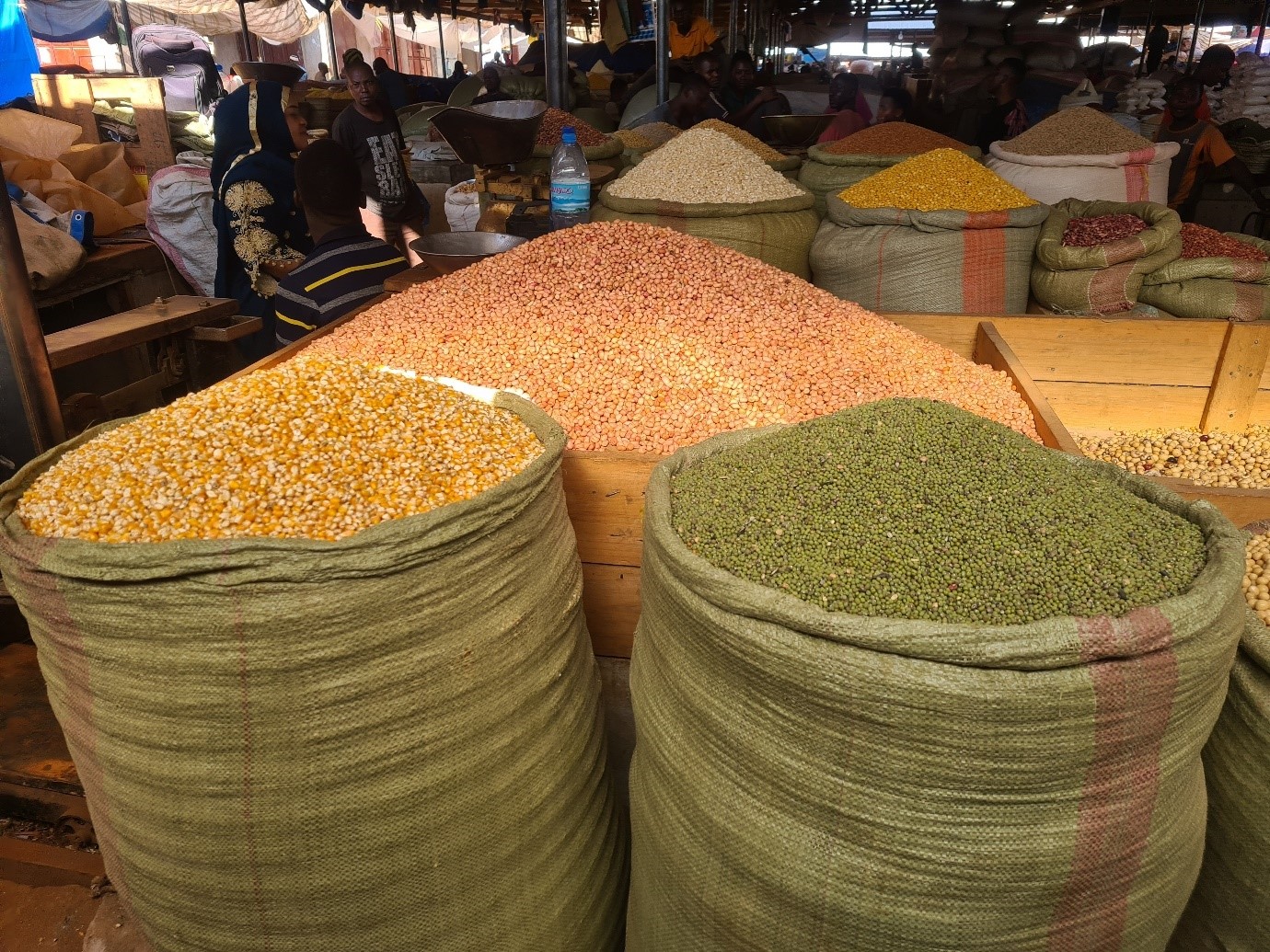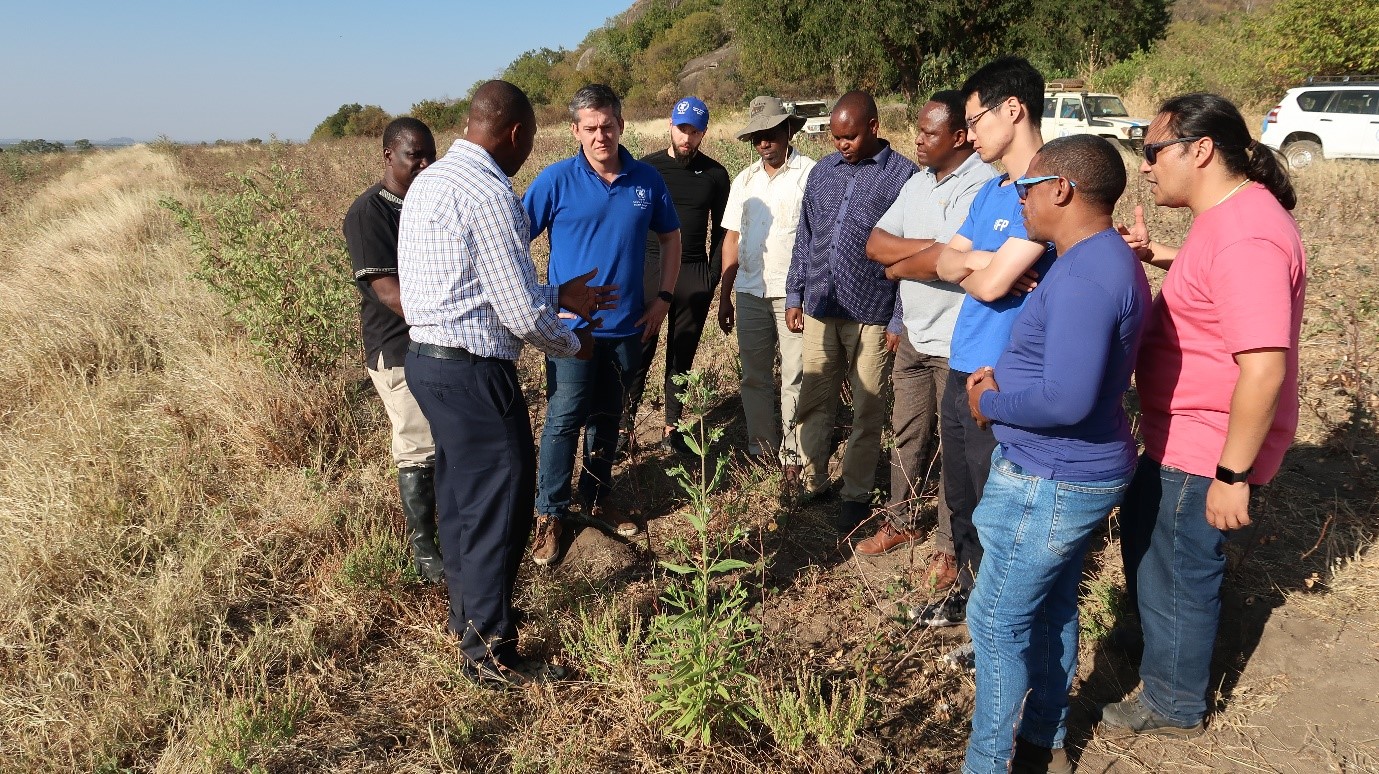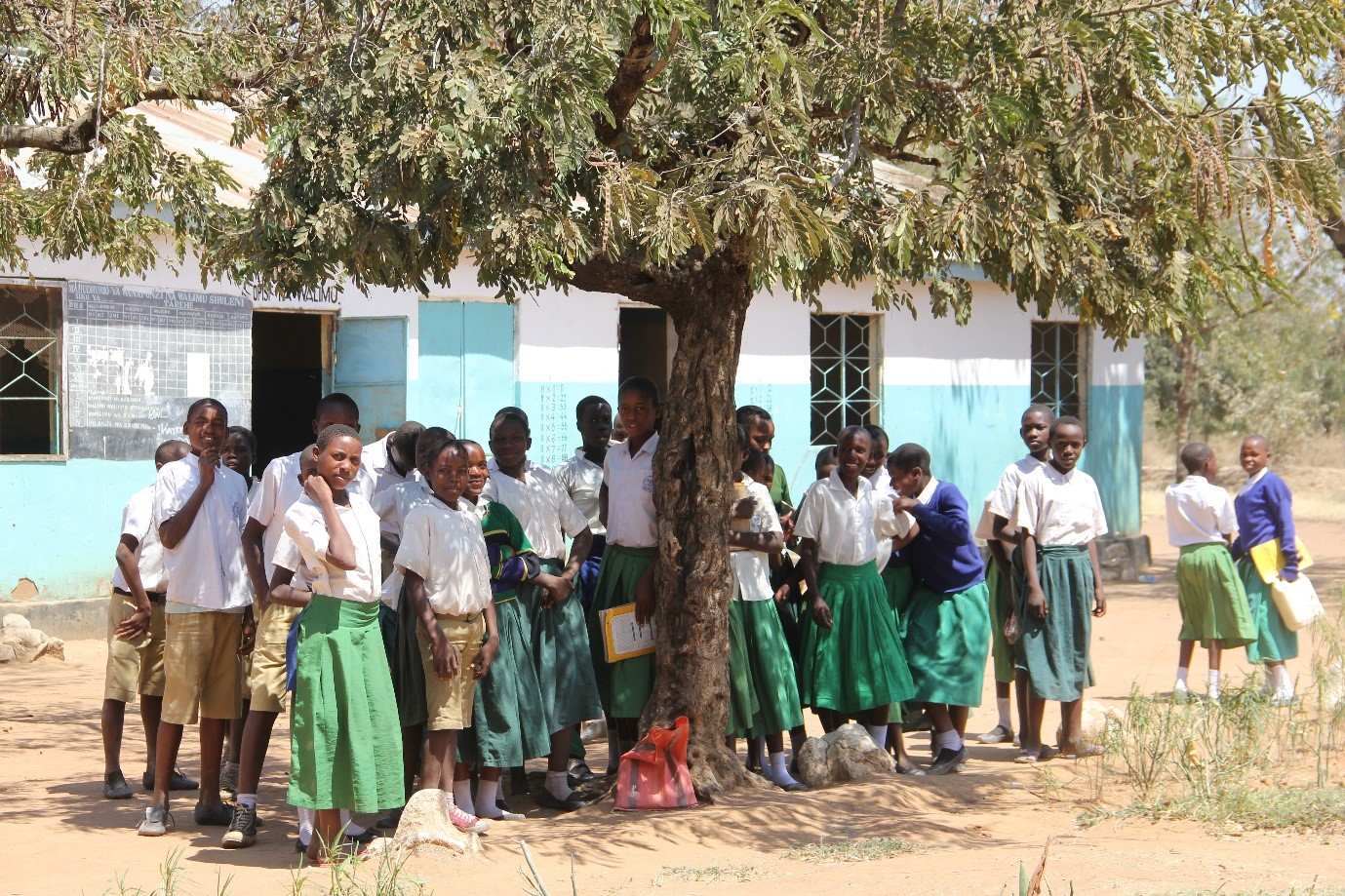 The Beyond Cotton Project is committed to addressing the underlying causes of food and nutrition insecurity in Tanzania. Photo: WFP.
The Beyond Cotton Project is committed to addressing the underlying causes of food and nutrition insecurity in Tanzania. Photo: WFP.
Food and nutrition insecurity remain a serious problem in the Magu, Misungwi and Kwimba districts of Tanzania. In order to identify key areas and entry points, a Beyond Cotton project team went on a field trip between July 21 and 25 to assess areas in which they can work together with local producers. The aim was to identify opportunities to address issues of cotton by-product management and value addition and to foster strip multi-cropping systems with a view of improving food production, diversity, quality and consumption.
The project, which is a collaboration between the WFP Centre of Excellence against Hunger Brasil, the Brazilian Cooperation Agency (ABC), and the Federal University of Campina Grande (UFCG), is committed to addressing the underlying causes of food and nutrition insecurity by supporting small-scale cotton growers in the production and distribution of cotton by-products and the establishment of strip multi-cropping systems, which in turn, will increase income and improve their food and nutrition security.
Representatives from the Tanzania Agricultural Research Institute (TARI) and WFP Tanzania, together with other representatives from national and local institutions, participated in the mission.
 Project experts will support small-scale cotton growers in the production and distribution of cotton by-products and the establishment of strip multi-cropping systems. Photo: WFP.
Project experts will support small-scale cotton growers in the production and distribution of cotton by-products and the establishment of strip multi-cropping systems. Photo: WFP.
Water availability is also a core issue to be addressed to achieve any of the project’s goals. Therefore, one potential contribution of this joint initiative is to support local communities to collect water by building communal water tanks (cisterns), which will boost socio-economic development, energy and food production and transform healthy ecosystems. Acquiring low-cost and easy-to-use machines for preparing the land, planting, harvesting, and adding value of cotton’s by-products are among the expected outputs.
In addition to that, the project will work on developing a capacity building strategy, with clear goals and an action plan for its sustainability over the years. Another key aspect of this project is purposely linking smallholder farmers to existing reliable markets (access-to-market), such as home-grown school feeding programmes.
 School at Ng’haya village, Magu District. Another aspect of the project is to link smallholder farmers to markets such as home-grown school feeding programmes. Photo: WFP.
School at Ng’haya village, Magu District. Another aspect of the project is to link smallholder farmers to markets such as home-grown school feeding programmes. Photo: WFP.
The Beyond Cotton project is aligned to WFP Tanzania’s country strategic plan for 2022–2027, which aims to continue to support government efforts to deliver equitable and inclusive economic growth for the people through investments in human capital, resilient livelihoods, and nutritious diets. This initiative is firmly anchored in supporting Tanzania districts to achieve climate-resilient rural livelihoods, improved food security and nutrition through sustained smallholder access to markets, enhanced value chains and sustainable management of natural resources.
Learn more about the field visit:




